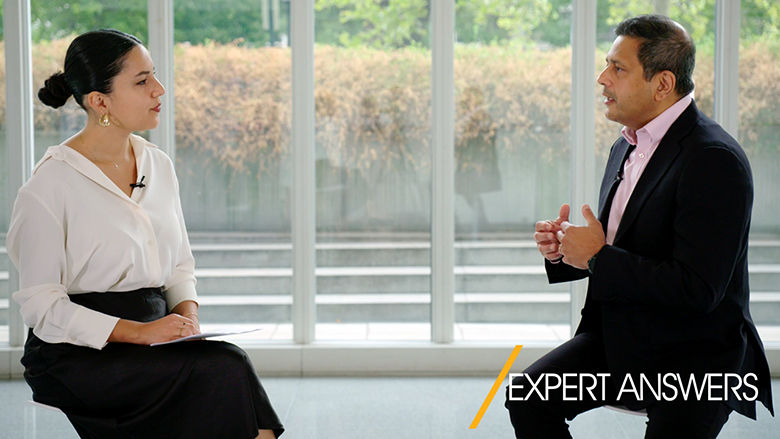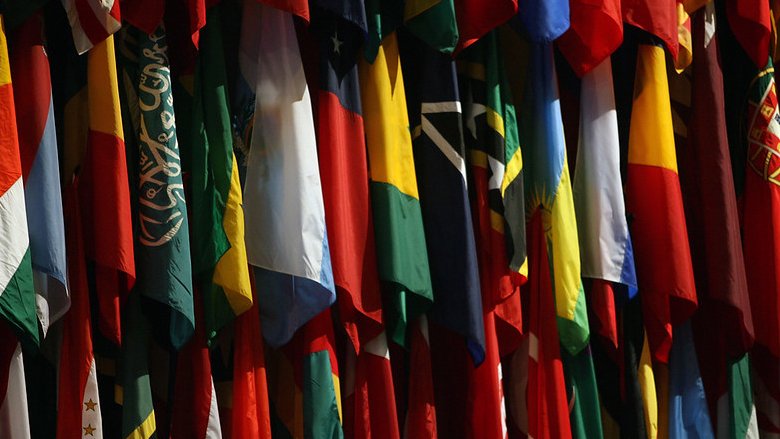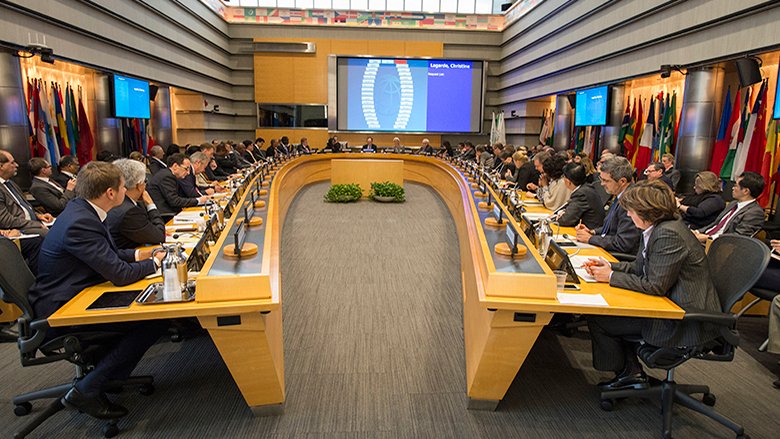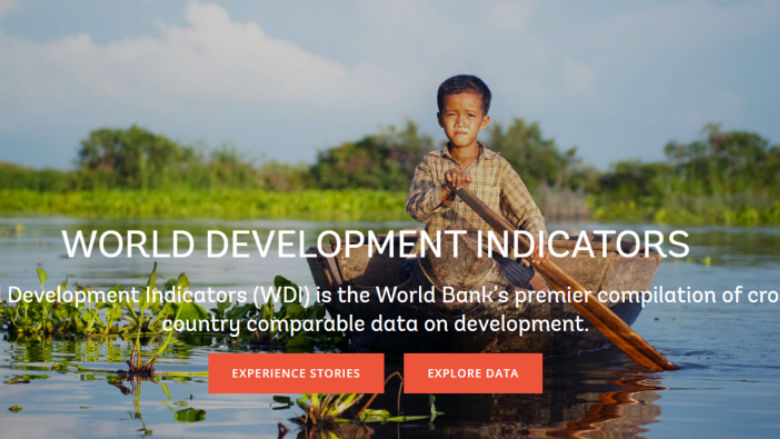The United States was a leading force in the establishment of the International Bank for Reconstruction and Development (IBRD) in 1944 and remains the largest shareholder of the ÐÓ°ÉÂÛ̳ Group today. As the only ÐÓ°ÉÂÛ̳ Group shareholder that retains veto power over certain changes in the Bank¡¯s structure, the U.S. plays a unique role in influencing and shaping global development priorities.
Through the WBG, the U.S. participates in addressing international development challenges. The U.S. has a long history of generously supporting the WBG's mission and has been a champion of the International Development Association (IDA), the Bank¡¯s fund for the poorest.
Partnership
ÐÓ°ÉÂÛ̳ Group is the biggest financier of basic health, education, infrastructure, environmental as well as governance and anti-corruption programs in the developing world. ÐÓ°ÉÂÛ̳ programs help save and improve lives by expanding opportunities for the poor and promoting economic growth, which fosters global stability and peace.
The U.S. Executive Director is nominated by the President of the United States, confirmed by the U.S. Senate, and represents the U.S. on the Board of Directors of the WBG. See detailed description of the governance structure of the WBG.
As an official of the WBG, the U.S. Executive Director has a duty to support the mission of the institution, as well as to represent the interests of the United States and enforce legislative mandates established by the U.S. Congress.
The U.S. Executive Director is supported by advisors who are detailees from the , , , and the , as well as ÐÓ°ÉÂÛ̳ administrative staff.











